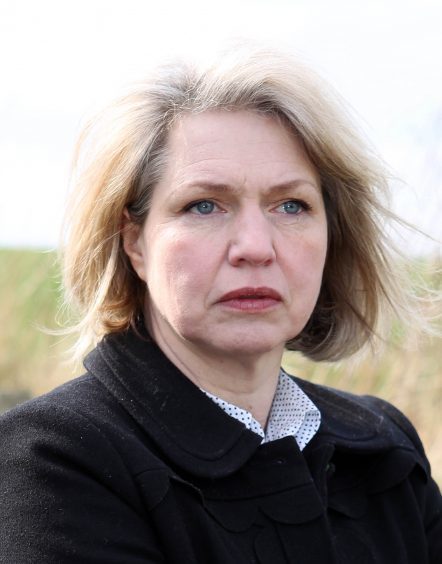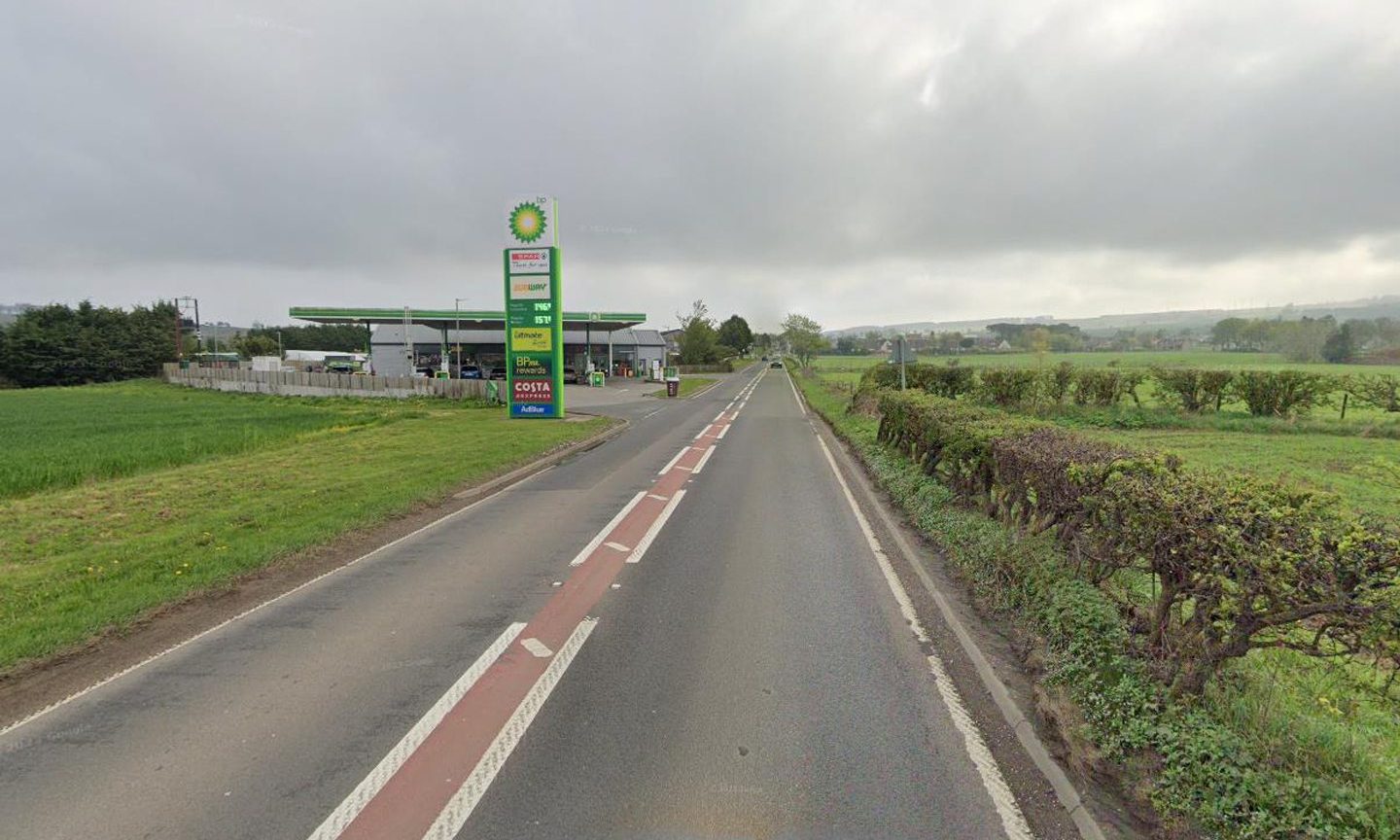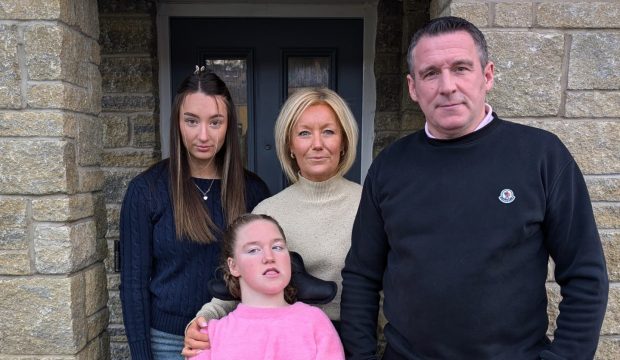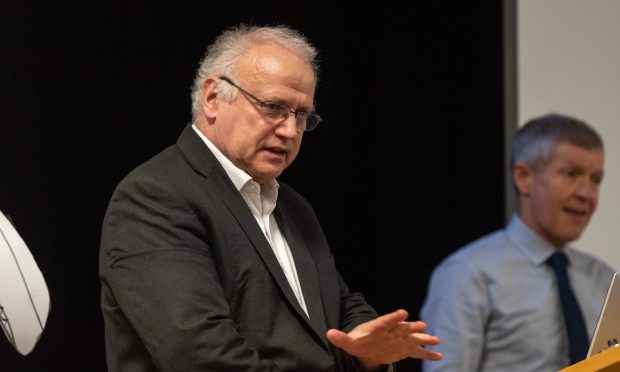A Fife councillor has criticised a “decline” in subject choices in the region’s secondary schools.
Conservative councillor Linda Holt said she was disappointed to discover no high school in the region allowed pupils to take eight subjects in S4 which, she said, was “the traditional gold standard for Standard Grades.”
The east neuk and landward member added: “Less than half of Fife high schools allow pupils to study seven.
“This significantly restricts choice and flexibility for everyone, limiting future options for college and university.”
Fife Council has hit back however, with education and children’s services convener Fay Sinclair stating: “Councillor Holt is right in saying that our schools no longer offer the opportunity to sit eight Standard Grade courses, because Standard Grades were replaced years ago!”
Ms Holt said she was particularly worried that schools in more deprived areas of Fife tended to offer just six subjects, while pupils in more affluent areas had the chance to do seven.
She said: “With one hand the SNP at Holyrood has cut council funding for core services and the SNP/Labour administration has in turn cut school budgets.
“With the other hand the Scottish Government has handed schools extra cash in the form of the Pupil Equity Fund to spend on short-term projects to address poverty-related shortfalls in attainment.”
“Yet these very schools cannot use this money to hang on to existing teaching posts or create the new ones which are essential if we are to maximise choice and opportunity for children from less affluent backgrounds.”
Mrs Sinclair accused Ms Holt and the Conservatives of being out of touch with the reality of the “excellent learning and teaching going on in our schools”.
The SNP councillor added: “With the new one-year National qualification replacing the two-year Standard Grade course, broad general education has been extended into S3, meaning more pupils study a wider variety of subjects for longer.
“The new system also allows deeper learning to be demonstrated in either six or seven subjects, as well as allowing greater opportunities for work experience or programmes such as Duke of Edinburgh Award.”











